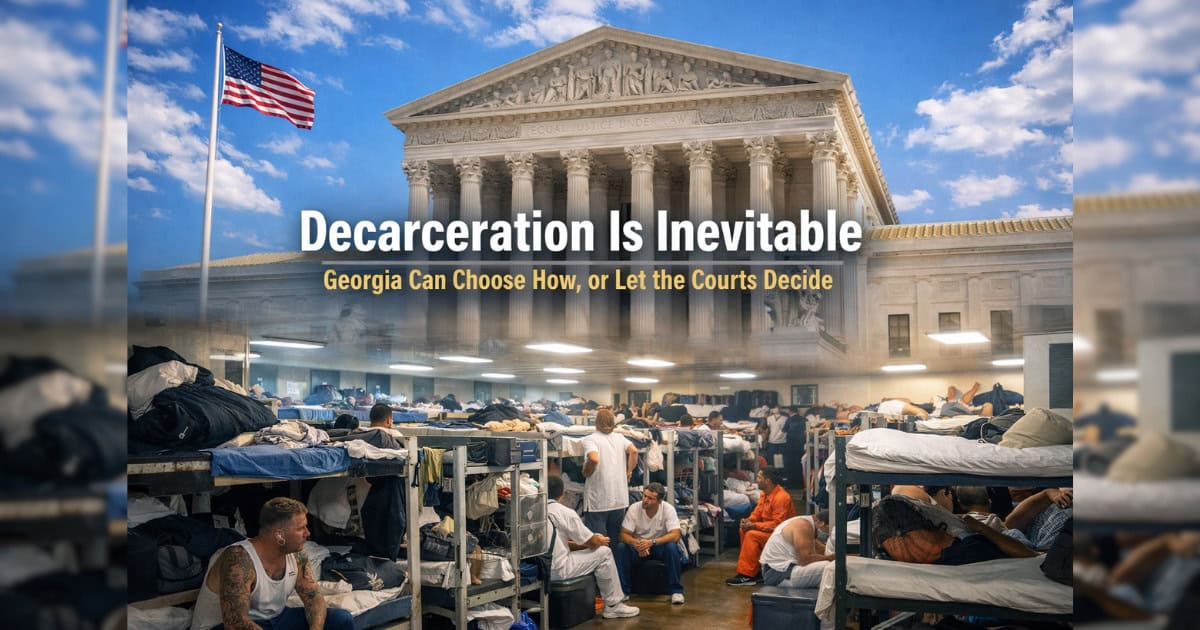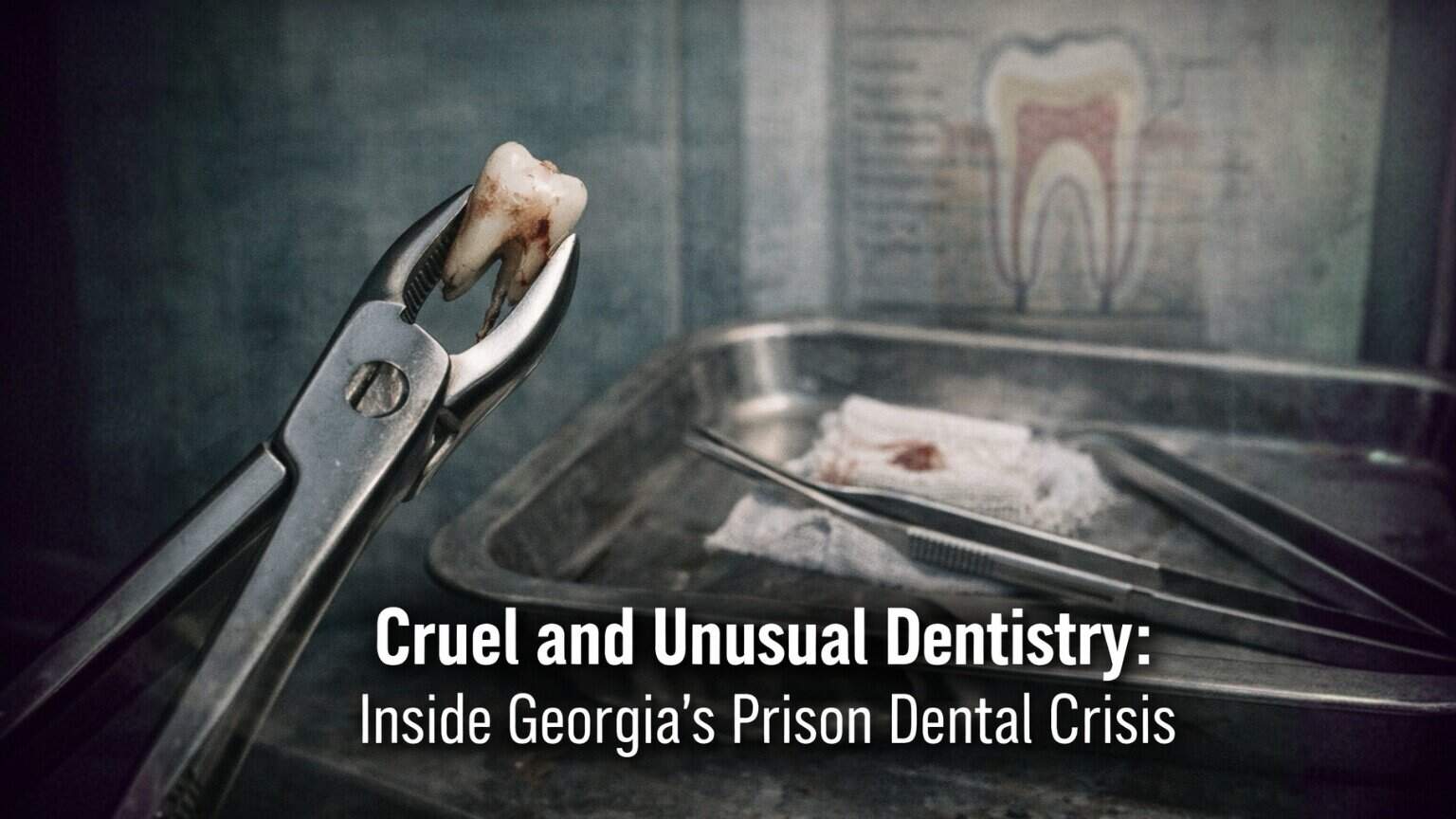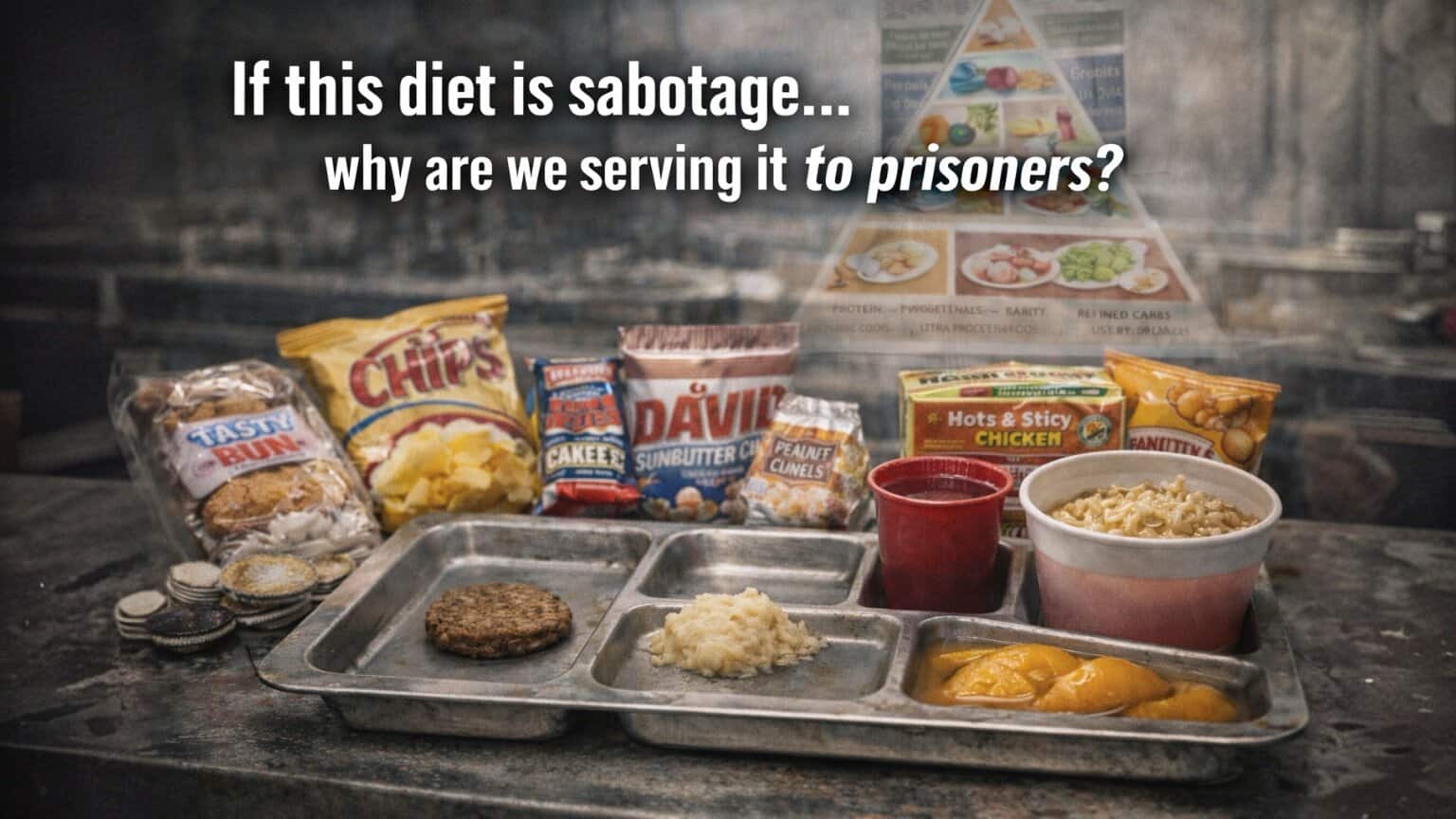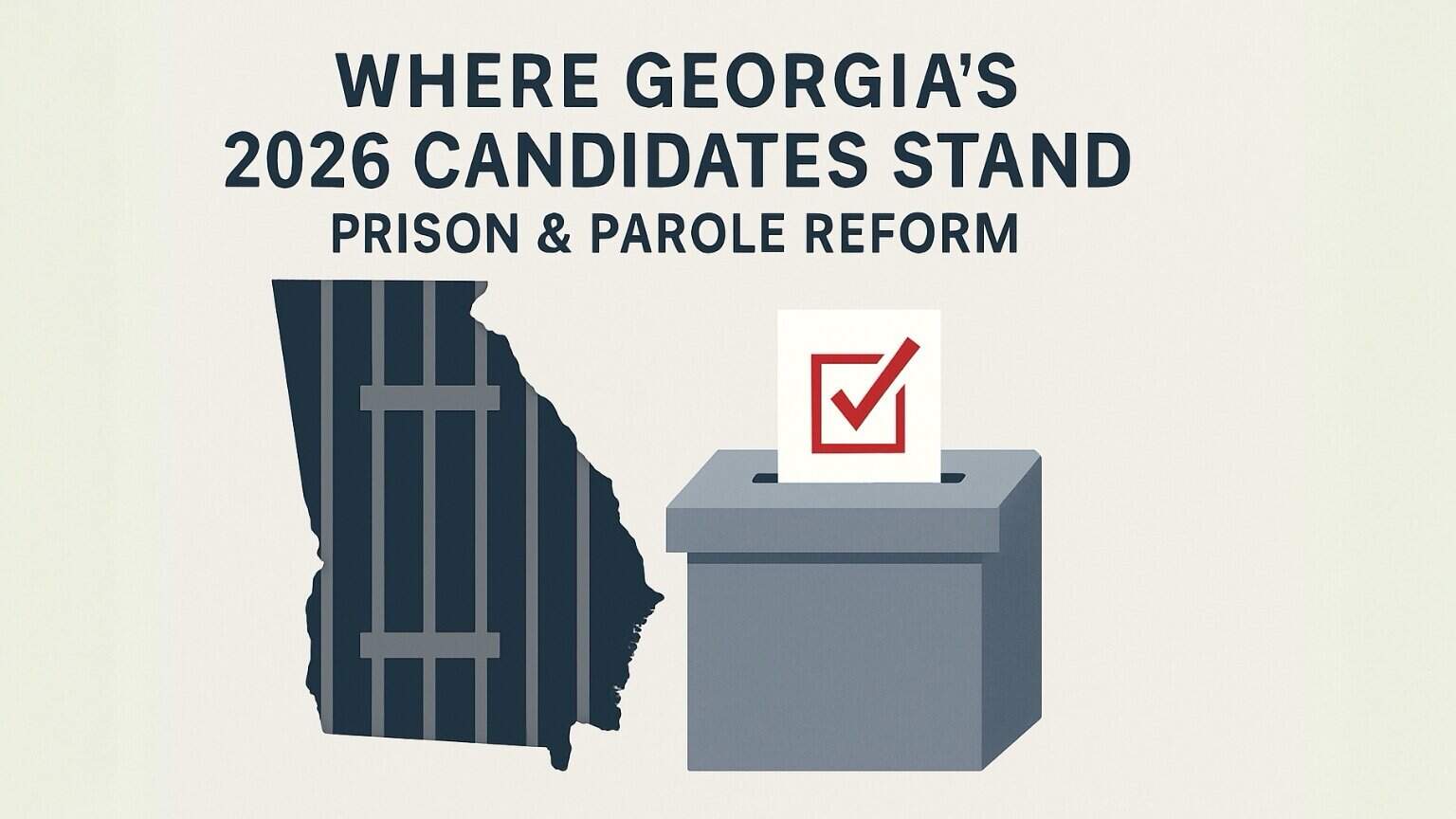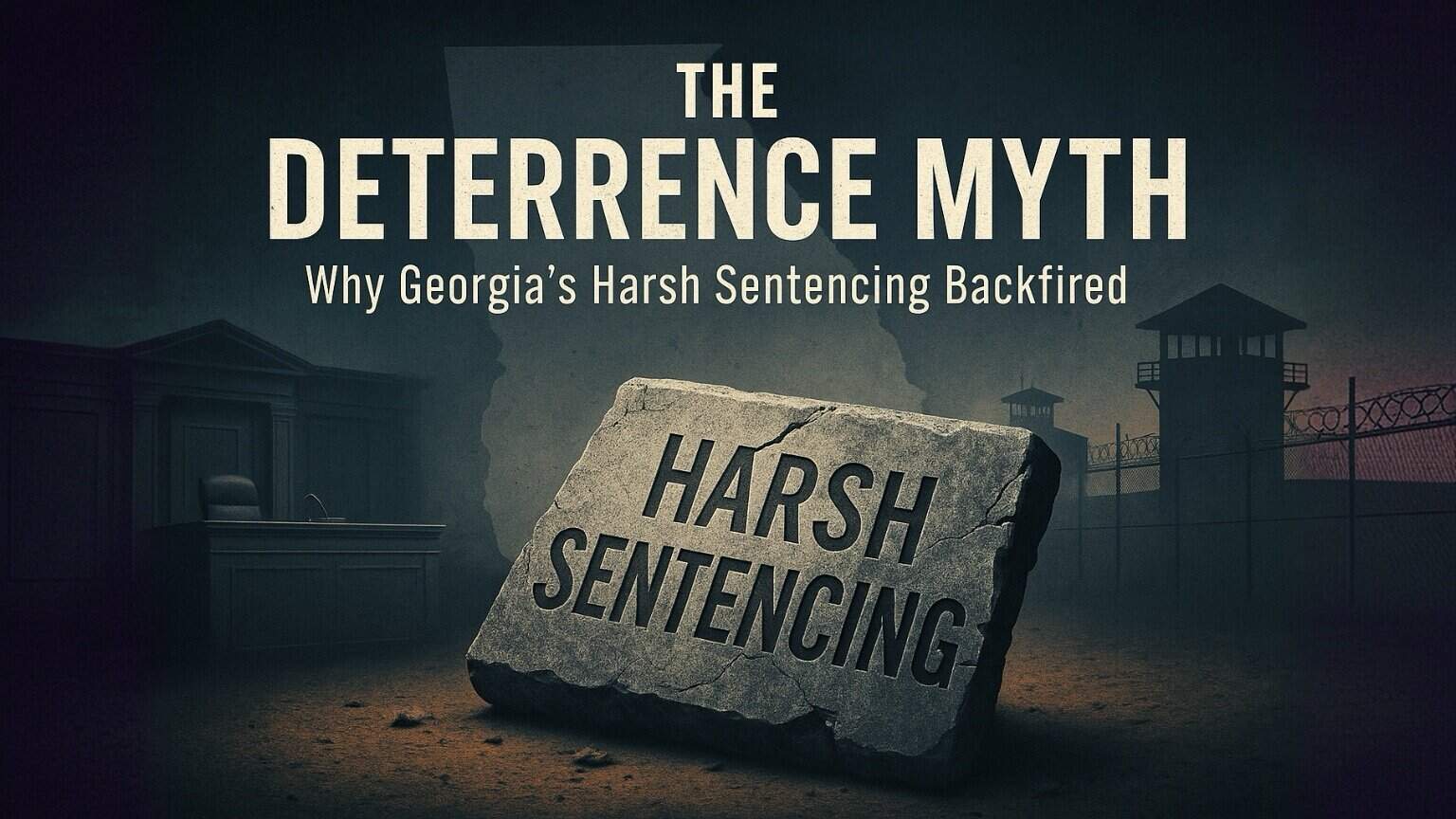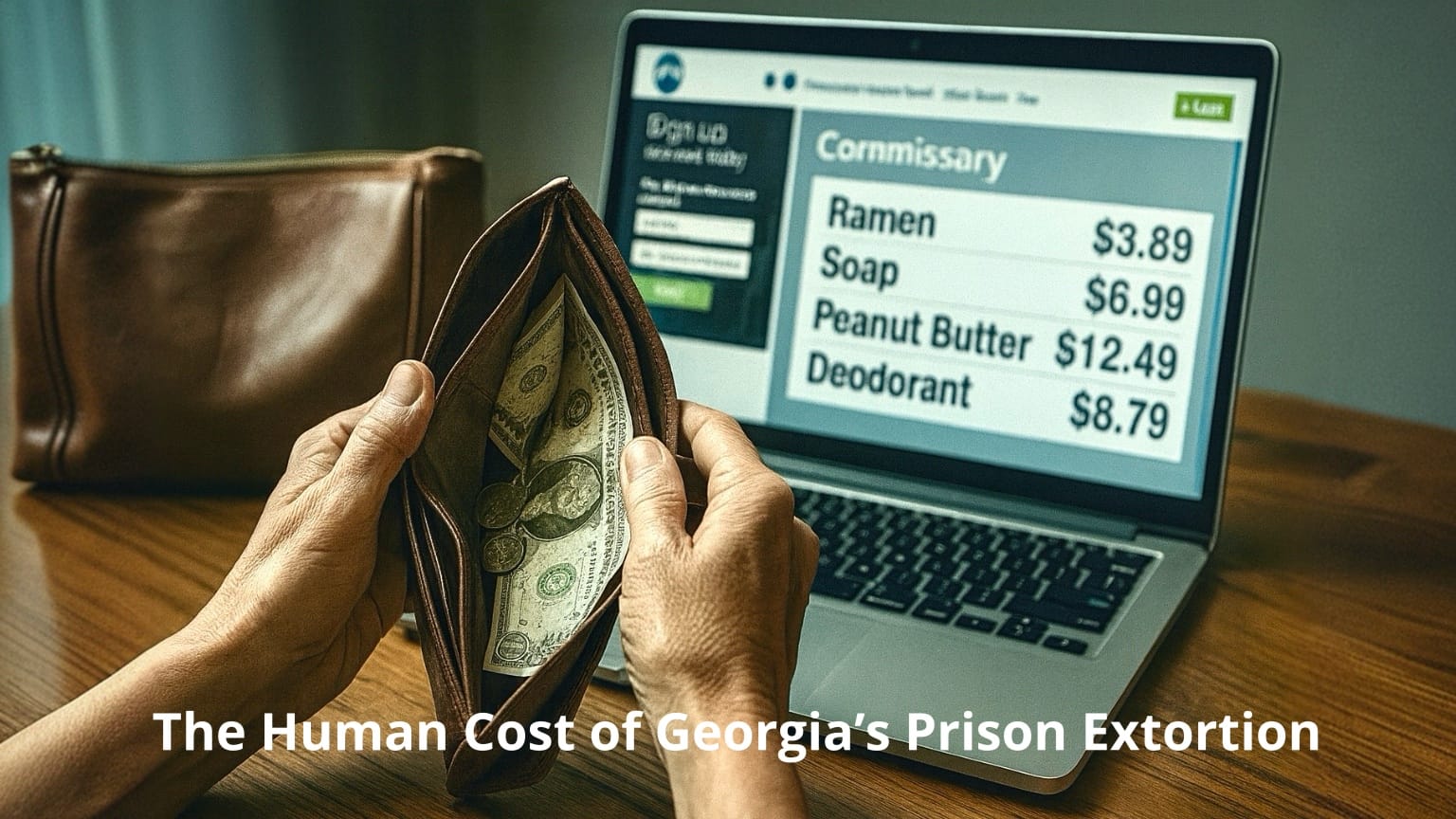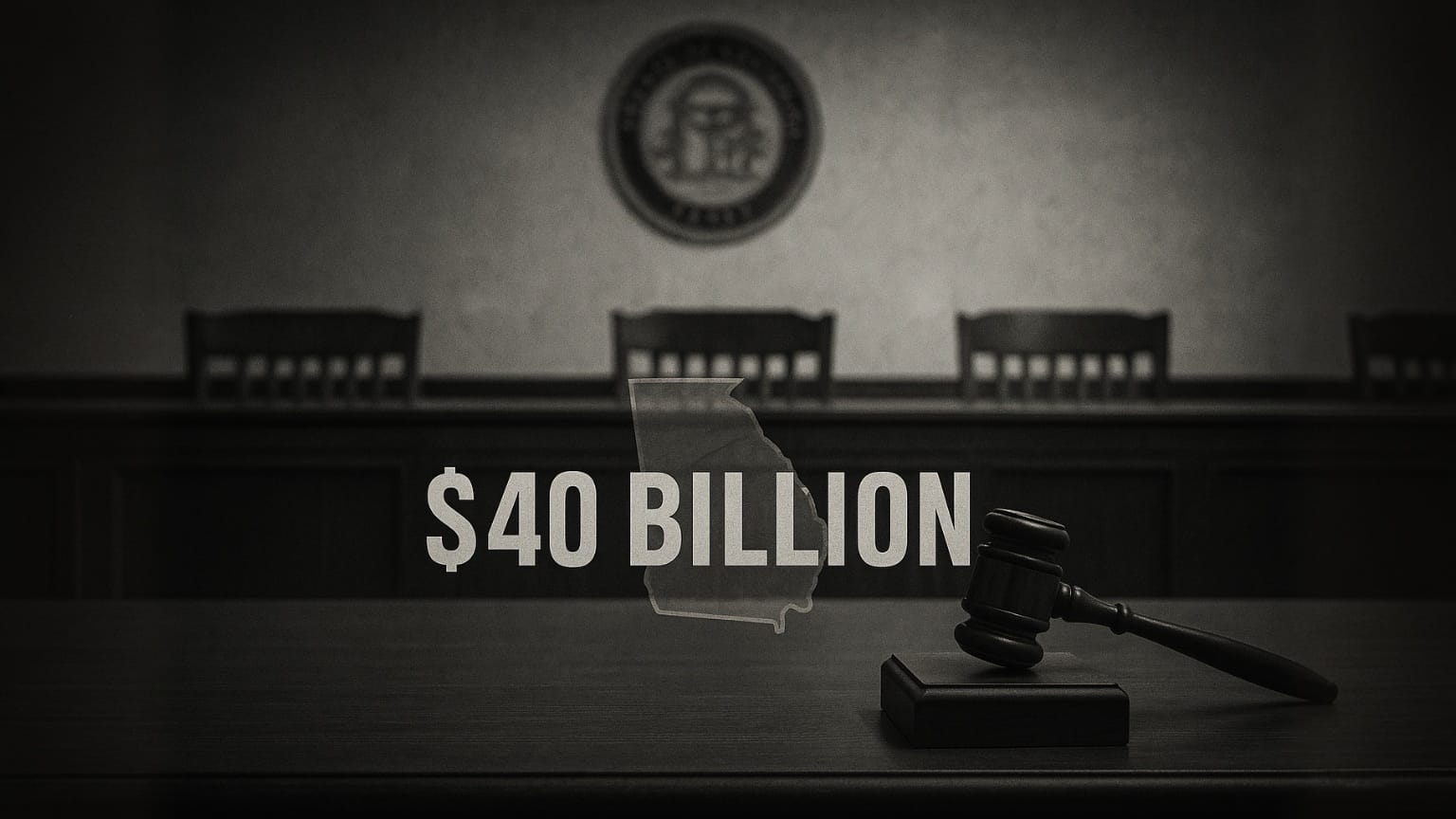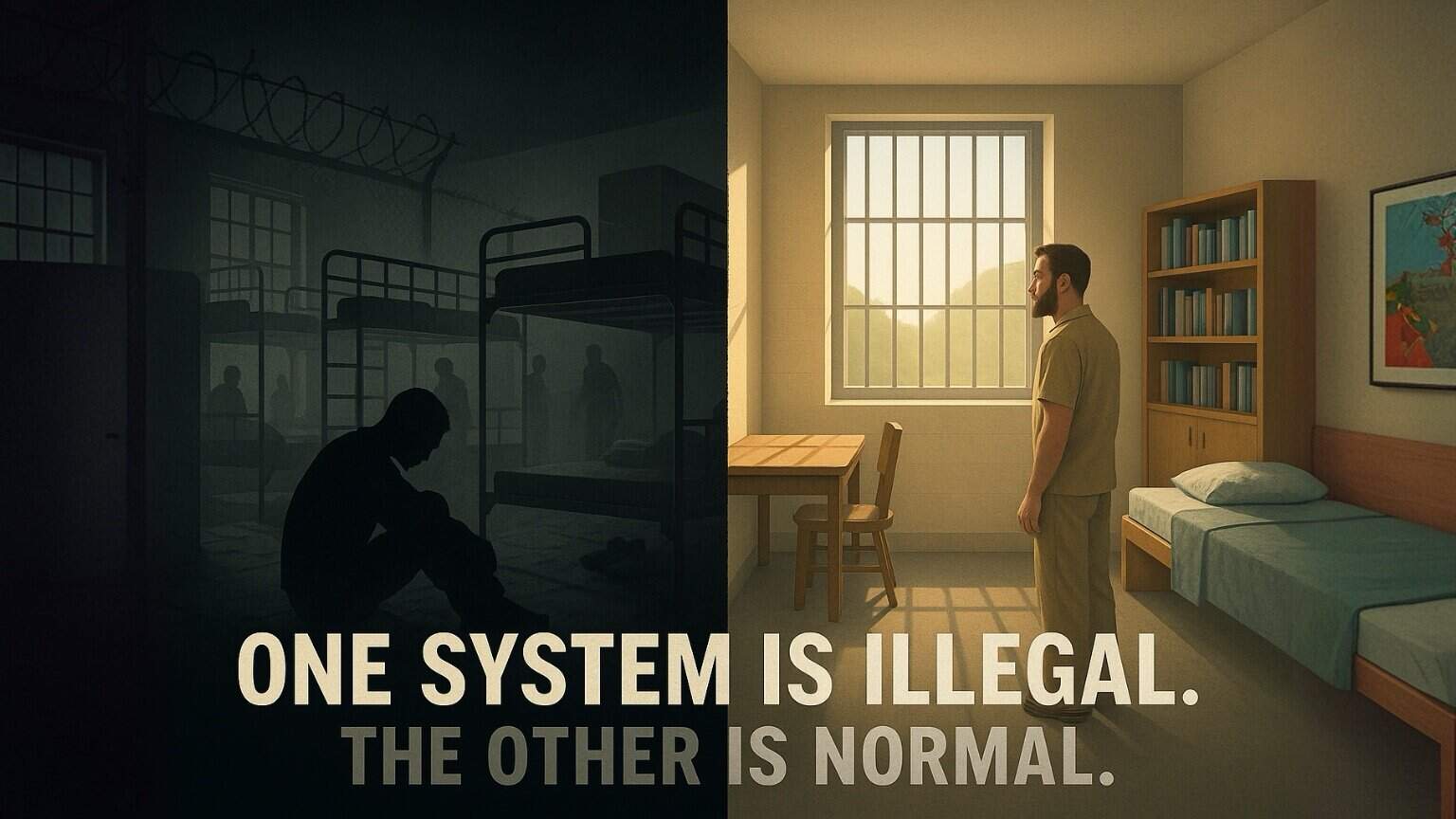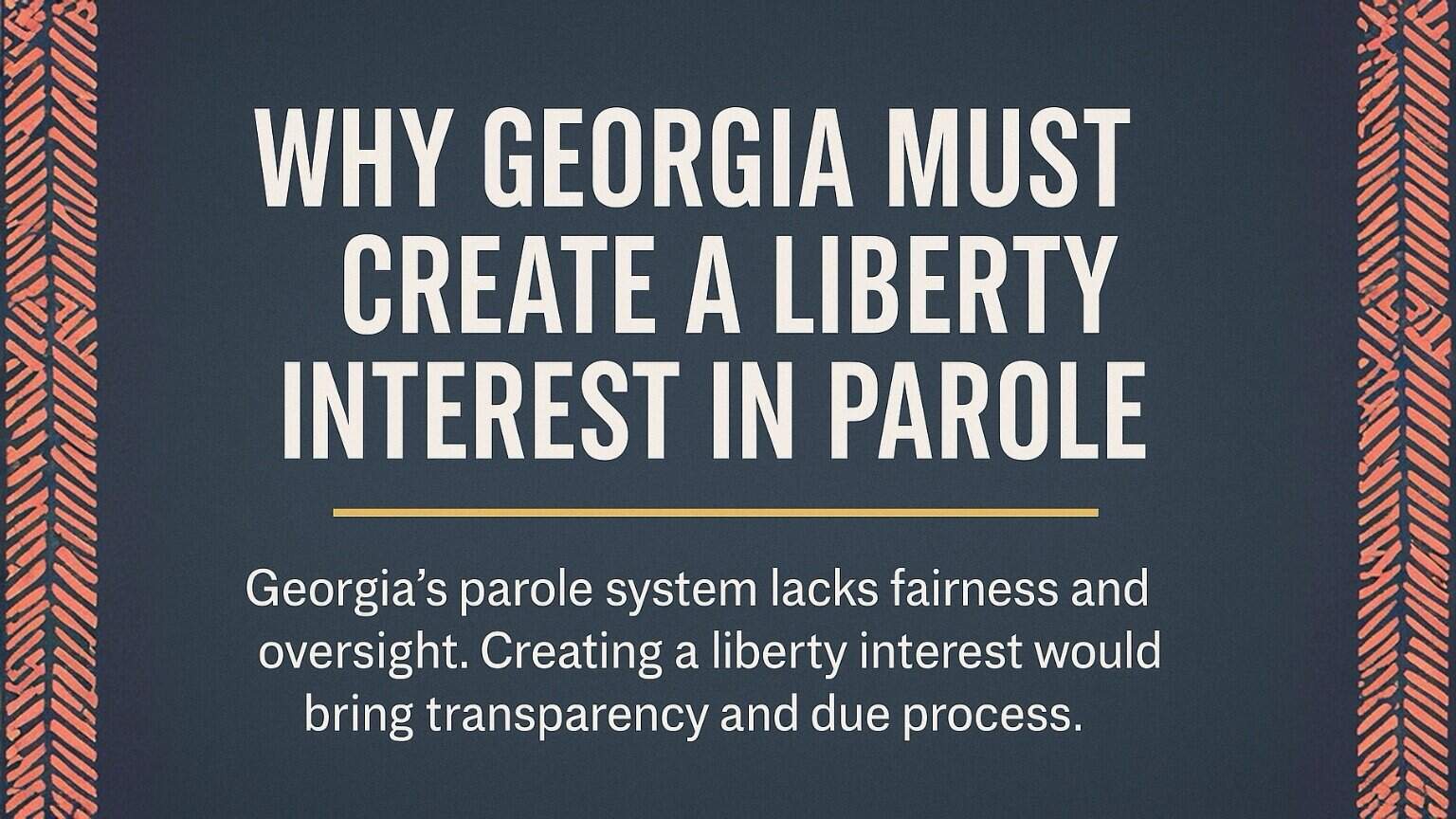Justice Reed
Normalization: The Principle That Changes Everything
Georgia’s prisons aren’t “broken” — they’re illegal.
The Constitution says the punishment is the loss of liberty, not starvation, violence, neglect, or death.
Yet every day, Georgia piles on punishments no judge ever ordered.
Every other developed nation treats prison as a place for rehabilitation.
Georgia treats it as a dumping ground for suffering.
Normalization is how we realign Georgia with the law, with humanity, and with public safety.
Georgia now faces a choice:
continue running prisons that violate the Constitution, or adopt the normalization model that every safe, sane society already follows.
One path breeds violence.
The other creates redemption.
Only one is legal.

